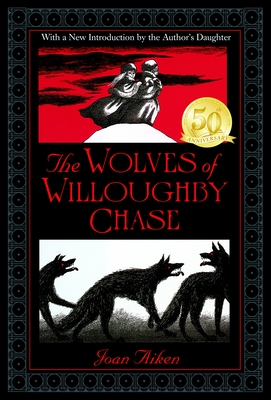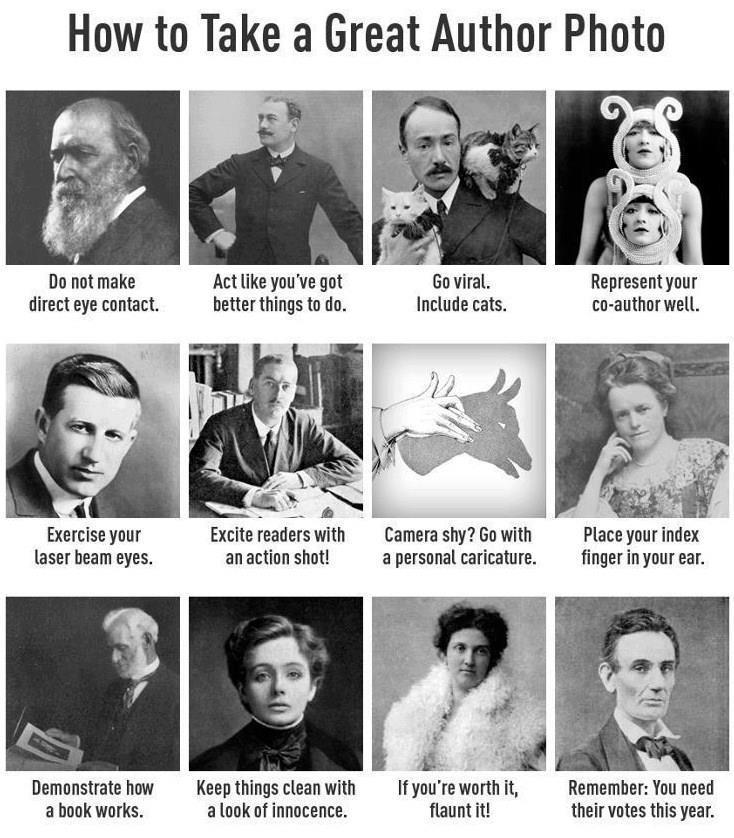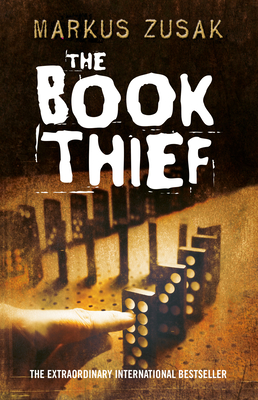 Plot is exciting. Plot throws your characters into the action and shakes things up and makes you wonder “Oh my gosh, how are they going to get out of this?” You need plot. But what happens to your story if you take away that plot? If we were just left with characters, would we care at all about them and still want to spend time with them?
Plot is exciting. Plot throws your characters into the action and shakes things up and makes you wonder “Oh my gosh, how are they going to get out of this?” You need plot. But what happens to your story if you take away that plot? If we were just left with characters, would we care at all about them and still want to spend time with them?
Ryan Howse’s Table Theory of Characterization suggests we should still care about characters, even when they’re just hanging out. He explains that characters and their regular interactions should be just as compelling as any major plot points. The idea comes from Firefly, so of course I’m on board:
“It comes out of Joss Whedon’s Firefly. Oftentimes, my favorite scenes in the show would simply be listening to the banter of the crew around the dinner table. Whether it was Simon’s birthday or Mal and Zoe talking about the war or Shepherd Book pontificating on rosemary, these scenes were consistently fascinating, with excellent acting and writing.”
Of course, there’s a lot in Firefly that’s exciting and moves the characters along in the plot, but as Howse says, even when they’re hanging out and talking, we still want to be with these characters. The same can easily be said for Harry Potter or His Dark Materials or any number of books that make you feel a deep connection with the characters. We want to hang out with the Order of the Phoenix at Christmas, not in case anything exciting happens, but because we want to be part of this group. The strongest, most exciting plot in the world doesn’t mean anything if you don’t match it with characters who would be just as interesting sitting around a table, talking to each other.
Not to say that plot isn’t important. You need plot to help your characters change and grow. But as Howse says:
“Yet at its core the Table Theory of Characterization is merely meant to be a starting place for making certain the characters are not merely ciphers for the plot, but truly fleshed out people with their own idiosyncratic goals, histories, personalities, and relationships.”
This is what I think makes the difference between a pretty interesting story and a story that really connects with readers. No matter what you’re writing–YA literature, a television show, an epic fantasy series, etc.–you need characters we want to sit around a table with and talk to.



